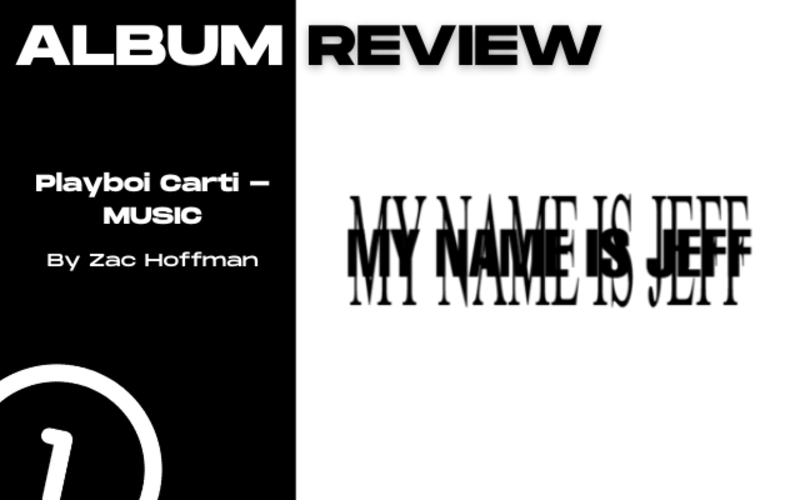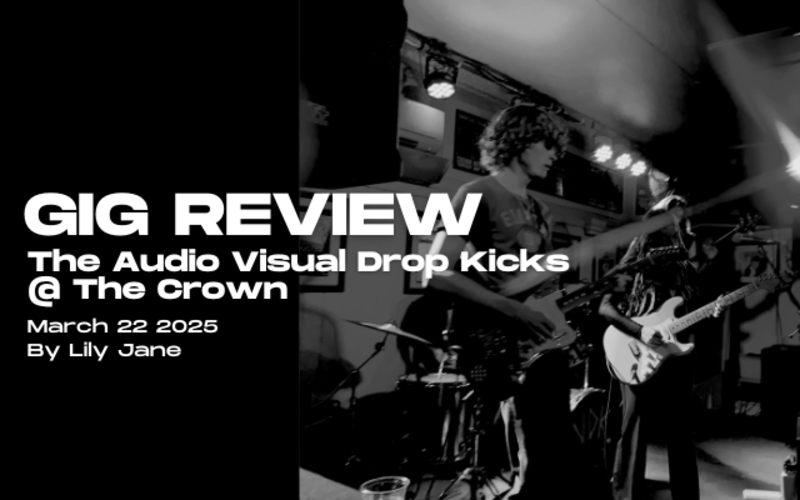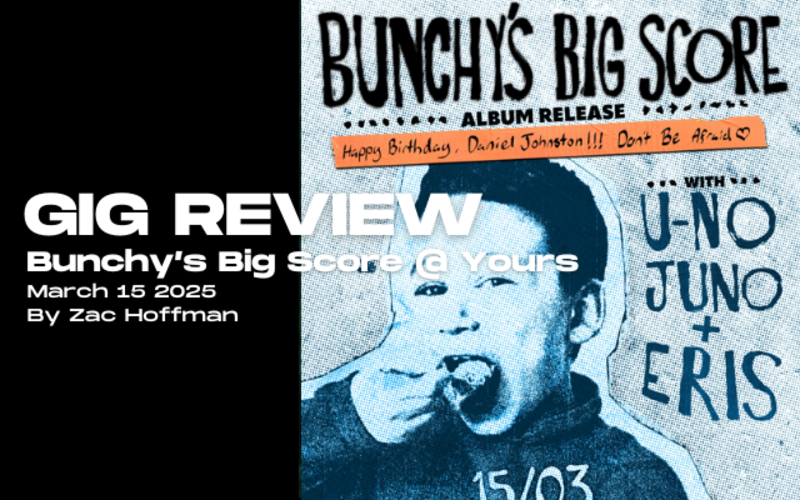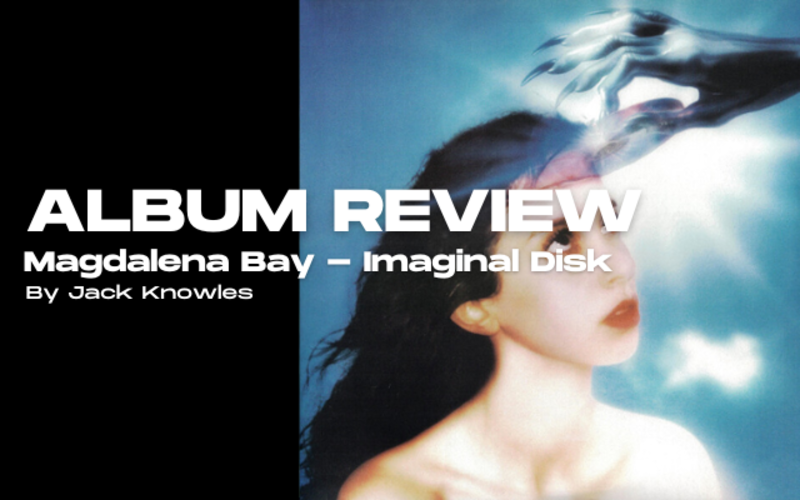Every Carti release generates vigorous emotional responses in the online hip-hop world akin to an American election cycle. So I thought it’s best to play it safe and let MUSIC sit for a while before thinking about it. MUSIC has been out for a month now, the hate/hype cycle has died down and nuance can reign for this long-awaited album.
The evolution of Play-Station game consoles tracks quite well with the evolution in Playboi Carti’s originality and influence with each album release. Carti’s self-titled was weird, playful, colourful and full of simple glitchy trap beats (thank you Pierre Bourne) just as the PS1 had lovable, low-res, low-polygonal models and settings. Just as the PS2 escaped that lovable jank and flexed its graphical muscle, refining its stories and series, Die Lit revamped Carti’s style, as the Atlanta rapper went more experimental with his flows, the instrumentals were harsher/sugary.
Die Lit bought Carti a lot of attention and unfortunately, due to rabid fans leaking all his music, Carti had to revamp his sound for 2020’s Whole Lotta Red (the PS3). This marked an era-defining pivot from fun and sometimes punky saccharine bassy trap to the synthy, gravely compressed stylings of rage music. After listening to MUSIC several painstaking times, it’s technically an evolution, just as the PS3 revolutionised 720p gaming and PS4 standardised 1080p. But a leap in graphics feels meaningless when art direction, character and consistency are either absent or subpar, which is pretty much how MUSIC plays out.
There’s a lot to like about MUSIC. Carti really dives into his trap R&B bag with tracks like RATHER LIE ft. The Weekend, FINE SHIT & BACKDOOR ft. Kendrick Lamar with beaucoup success. These tracks really showcase the versatility of Carti’s new strained, breathy style while his guests deliver shining performances. Much like a fly searching for a window, Lamar’s VV’s on your decolleté hook on BACKDOOR is still buzzing around my cranium.
Carti’s inclusion of Atlanta DJ Swamp Izzo to yell SWAMP IZZO and CARTI all over this thing is reminiscent of Beyonce sampling black queer figures on Renaissance for texture’s sake. Just as their confident disembodied voices would yell cunty or honey over some of the most vogue-inducing dance music you’ll ever hear, SWAMP IZZO ADDS A DEAFENING JE NE SAIS QUOI TO ANYTYHING CARTI SAYS, VERBAL OR OTHERWISE.
IZZO’s inclusion, although grating at times, bolsters the darker 70% of MUSIC. He effortlessly worms his way into the listeners brain on tracks like the Metro Boomin’ produced bling-era throwback RADAR, where Carti’s new strained and deep voices contrast with repeated bombastic ad-libds of SWAMP & CARTI in the foreground. It’s tracks like RADAR or the low-key, 808 heavy TOXIC (with Skepta) or the ear-splitting, bouncy and guitar-backed CRANK where the taringa feels most blessed. COCAINE NOSE with its over compressed synth line smothering this bizarre string sample with these overblown drum machine noises is what MUSIC should sound like – it’s a genuinely new Carti sound.
MUSIC’s main downfall comes from aimless songs, lacklustre guest performances, and a bloated tracklist/runtime. Who is listening to an hour 16 minutes, over 30 songs, of late-stage Carti? Well regrettably a great deal of people - the point remains, this thing is too long, and it wouldn’t have to be if there was any quality control. WE NEED ALL DA VIBES (ft. Young Thug & Ty Dolla $ign) should be on Thug’s 2019 LP So Much Fun, not here. The Carti-less Twin Trim sees nanged-up Lil Uzi Vert squander a cute beat, meanwhile JUMPIN has one Carti verse and Uzi dominating the lions share for no discernible reason.
If those songs were bad or unnecessary then what is CHARGE DEM HOES A FEE ft. Future & Travis Scott. These three are experts in their field, yet this song is so banal and tedious, the vocals are spaced badly, and it just goes onnnnnnnn. On TRIM Future has energy, yet here he’s just like moaning and grunting in autotune while Travis is literally wallpaper. In fact, Travis is wallpaper on all four songs he appears on. It’s bamboozling Carti didn’t include his acolytes and label signees Ken Carson and Destroy Lonely but can let Lil Uzi, Travis Scott and Future meander through nearly a third of the album.
MUSIC is remarkable from an artist like Carti because it proves he isn’t a creature solely composed of hype just yet. He still has gas in the tank, even if the low-reserve light is blinking graciously. If you told anyone 10 years ago an album like MUSIC would be #1 and have its entire track list chart on the top 100, you’d be a laughingstock. How an album as unappealing and strange (speaking in relative terms here mate) like MUSIC can pull that off is quite an accomplishment. Playboi Carti is experimenting with two things on MUSIC: what popular trap can sound like, and fan patience. Although his fans have forgiven the 5-year delay and numerous album release fake-outs, I cannot forgive Carti for putting out an album that, despite the praise, A-list guests, and glorious compression, feels like a flat tire when listened to as an album.





 Live stream
Live stream










